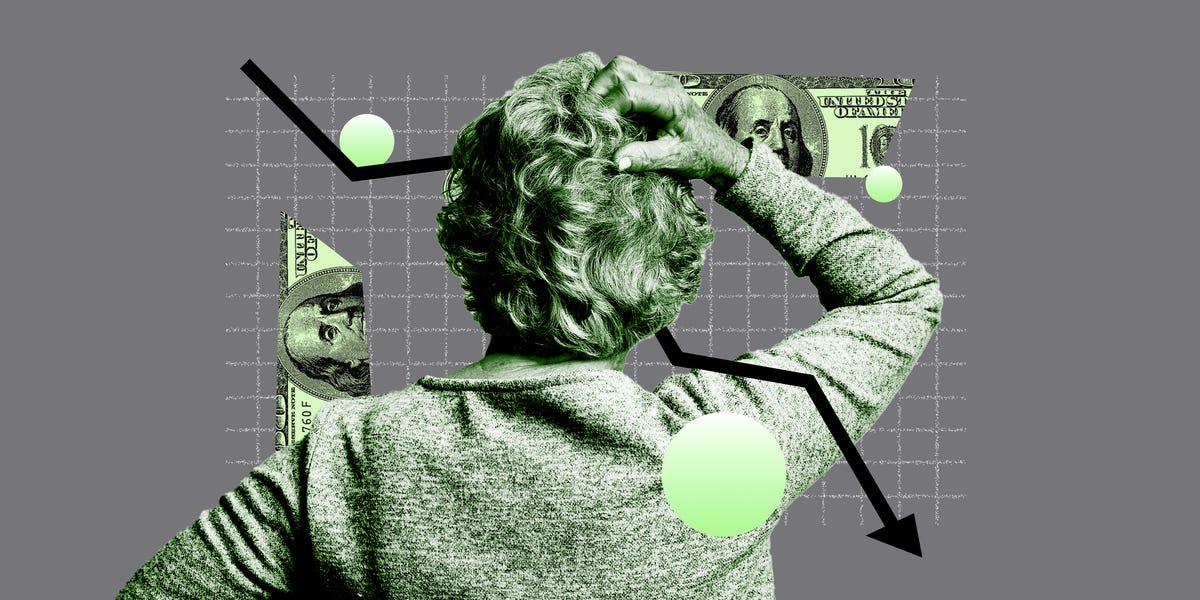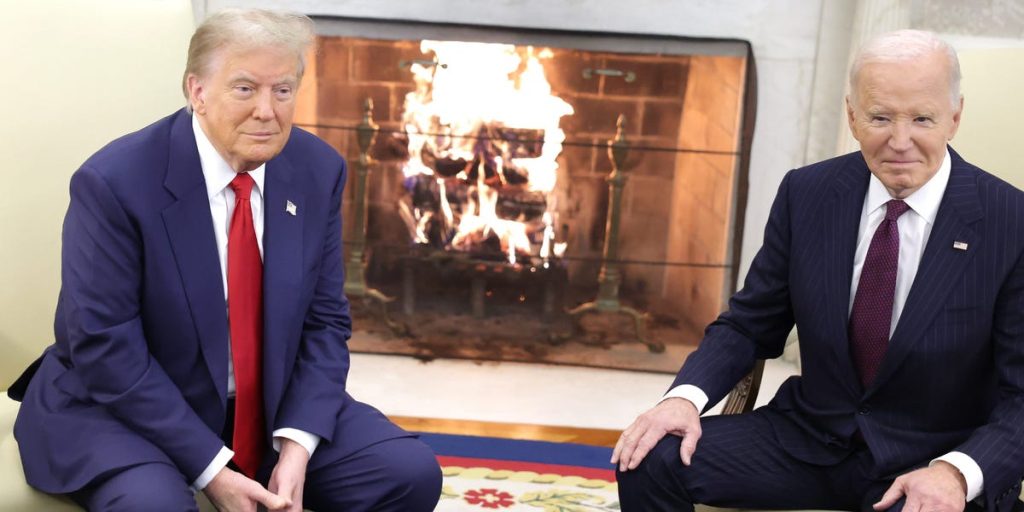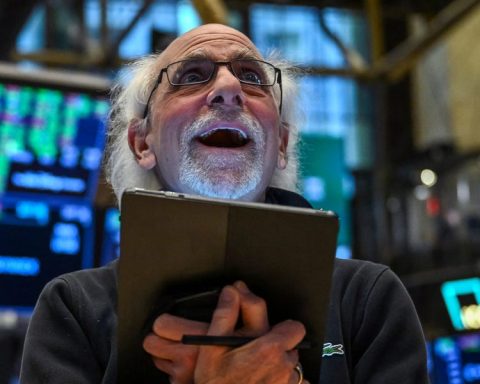Older Americans are currently navigating challenging decisions amid fluctuating market conditions and economic uncertainty. The decline in the stock market, paired with shifting policy landscapes, has intensified concerns regarding financial stability. While some retirees maintain a hopeful outlook, others are apprehensive about potential policy impacts on their retirement incomes. This demographic finds themselves at a pivotal moment: should they endure current market conditions with the hope it will recover, or should they reconsider their retirement strategies?
In a recent discussion, Business Insider interviewed nearly a dozen older Americans to gauge their perspectives on retirement in light of prevalent market volatility and economic challenges. While some expressed anxiety over the potential for rising inflation or the possibility that their retirement funds might not rebound, others remained optimistic, believing in a market recovery.
The S&P 500 has experienced a drop of over 10% from its highs in mid-February and is down 6% year to date, leading to heightened recession fears on Wall Street. This decline has impacted numerous older Americans’ retirement investments. Additionally, President Trump’s fluctuating tariff policies and government spending cuts have raised concerns about potential increases in grocery and medical expenses.
Some older individuals shared with BI that they feel financially secure and do not anticipate being significantly affected by impending policy changes. However, others voiced fears about managing their living expenses or accessing necessary government assistance.
We invite you to share your story. Are you an older American willing to discuss your retirement outlook with our reporter? Please take a moment to complete this brief form.
Retirees Displaying Cautious Optimism
Several older Americans expressed a sense of cautious optimism regarding their financial futures, despite the challenges presented by the current market situation. Karen Keane, 64, acknowledged the uncertainty ahead but believes she is in a better financial position compared to many peers. Having worked in finance for a Fortune 100 company in South Florida, she took a voluntary buyout a few years ago that included medical insurance, although finding another mid-level management position has been difficult.
Joseph Dennis shared his perspective concerning Trump’s policies, expressing uncertainty about their long-term implications. Dennis retired at the age of 51 after successfully managing multiple businesses and diversifying his investments. Having built his wealth through the acquisition of rental properties during the 2007 real estate downturn, he predominantly keeps his assets in cash CDs and money market funds. “I hope he knows what he’s doing, but I’m not so sure,” Dennis commented.
Concerns Among More Vulnerable Older Americans
On the other hand, the recent market downturn and prevailing policy uncertainty have amplified fears among older Americans who are financially vulnerable. Peter Young, 69, is one such individual who worries that his financial situation will become increasingly strained in the months ahead. He retired at 62 with solid savings after a career as a manufacturing manager and electronics technician. However, after facing difficulties in securing additional work and with his health declining, he has depleted his savings, faced the repossession of his car, and lost some medical coverage.







